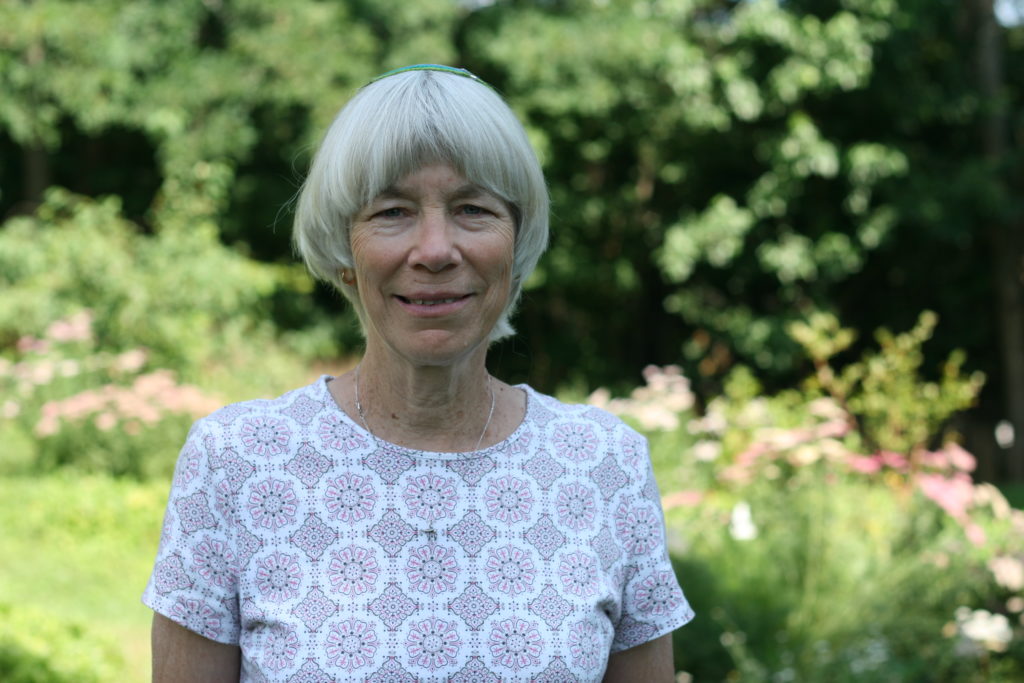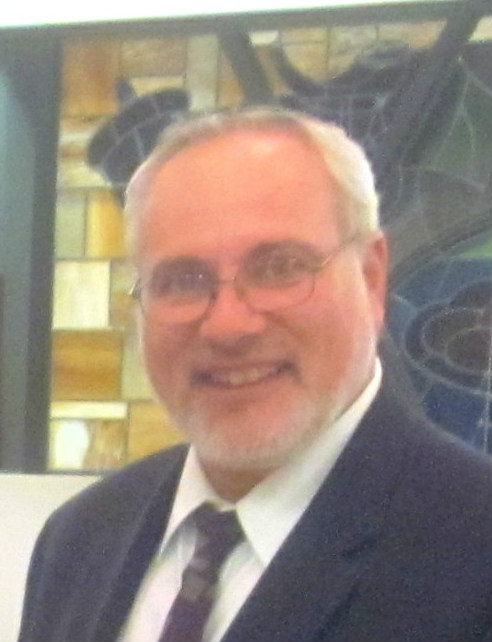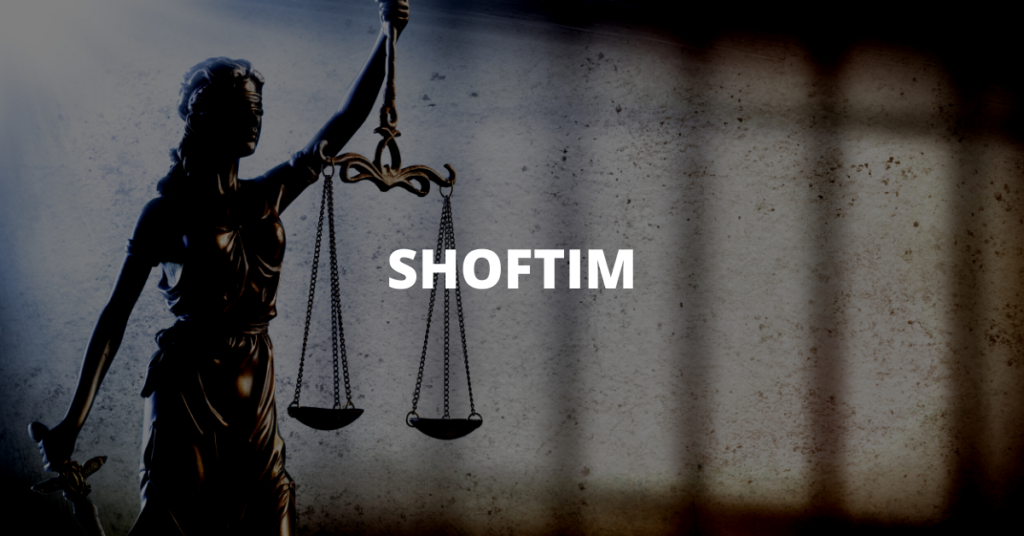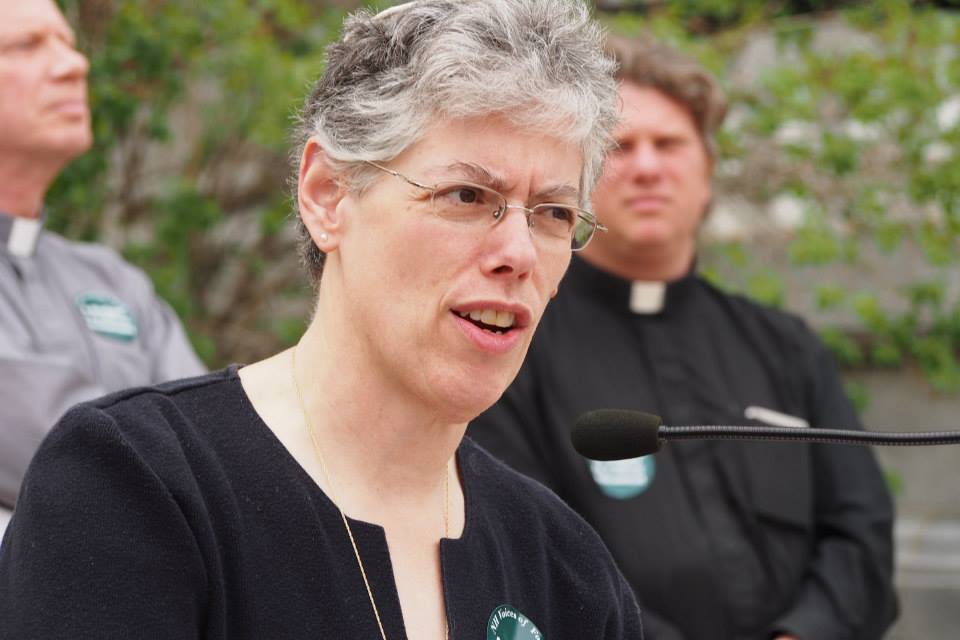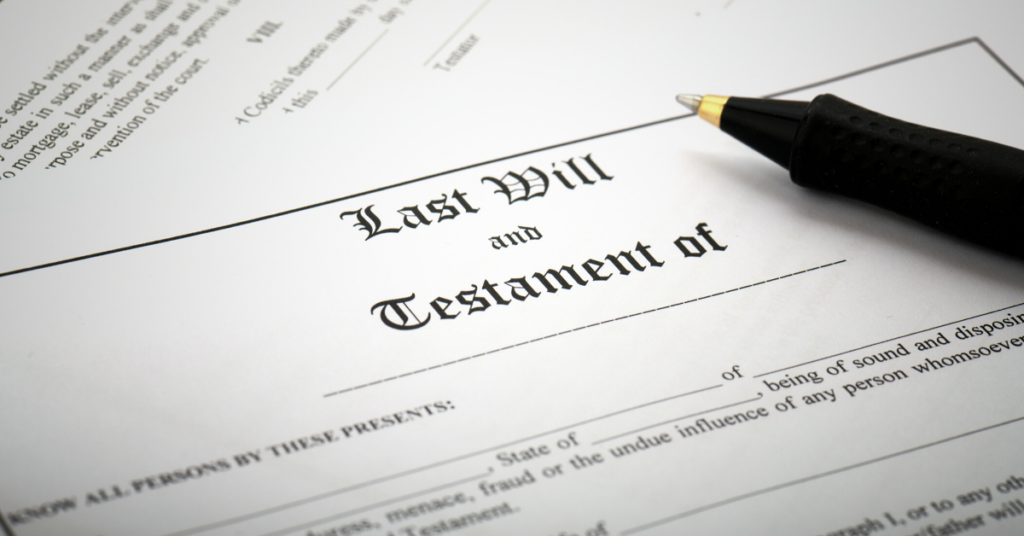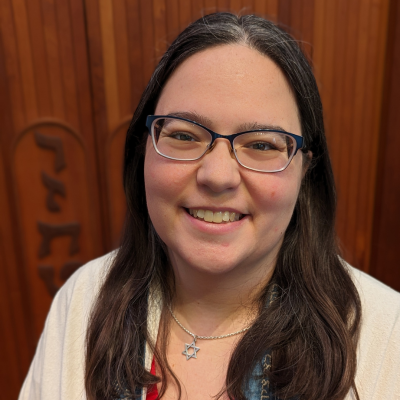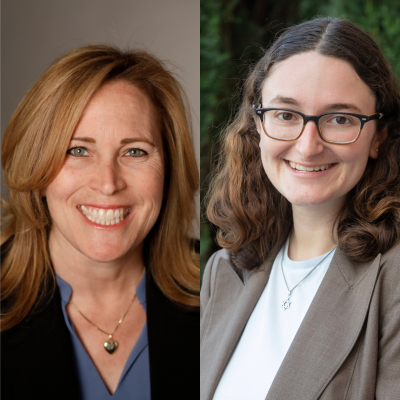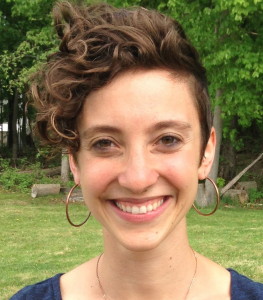
Envisioning a Just Society
In parshat Ki Tetze we encounter the case of the ben sorer u’moreh, the wayward and rebellious son. We read in Devarim 21:18-21 that if a child does not obey his mother and father they should bring him out to the gates of the city before a council of elders, publicly declare him a glutton...
read more

